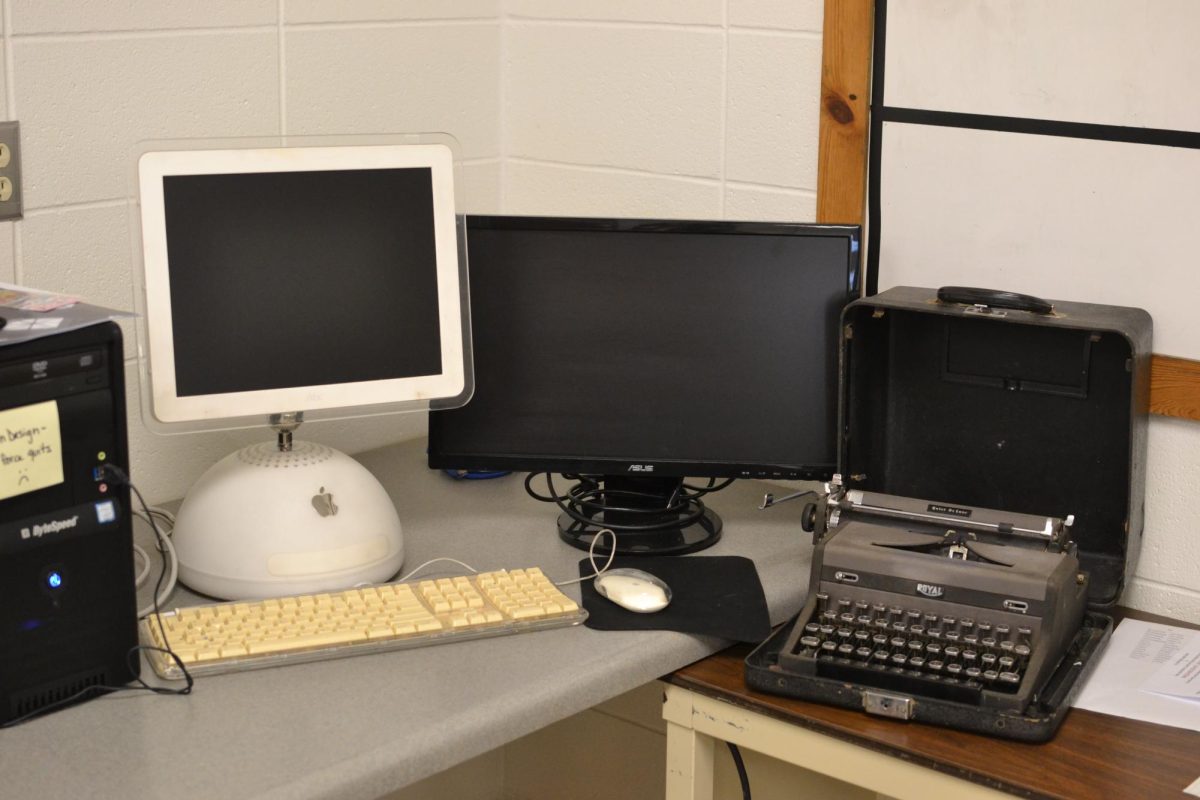Missouri Senate Bill 68 (SB 68), popularly known as the “phone bill,” has been widely publicized the past few months after it was signed by Governor Mike Kehoe July 9. But during the scramble to understand the short phone policy subsection, the other parts of the bill were lost. For many, the bill was reduced to “the phone ban.” It’s unfortunate the hype around the phone ban overshadowed other meaningful layers of the bill.
The phone policy is just a sliver of what the bill encompasses as an overall education package. The bill addresses safe drinking water, teacher recruitment and compensation, student attendance, school safety measures, special education services, and emergency plans.
Before SB 68 was passed, there were no state-ordained requirements on cardiac safety or cardiac emergency plans. Automated external defibrillators (AEDs) and cardiac emergency plans were not required in schools or at sporting events before this school year. This posed a large issue for schools across Missouri. According to the Children’s Hospital of Philadelphia, about 23,000 students around the globe suffer sudden cardiac arrests each year. Without AEDs and cardiac emergency plans, students are deprived of proper, immediate treatment for a cardiac event.
But Rolla, Missouri is different. Our district recognizes the importance of the lifesaving care that AEDs provide for all students. Here, at least one AED has been stationed at every school since before the bill passed. Two years ago, an AED was placed at the Rolla Junior High track.
For my brother, Noah Ayres, the AED at the track saved his life. During football practice on Sept. 3, 2024, Noah collapsed and fell unconscious. In response, the Rolla Junior High football coaches rushed into action, applying their cardiac emergency training. CPR was immediately started while one coach ran to the track shed to retrieve the stationed AED. Identifying an irregular heartbeat, the AED delivered a necessary shock. To restore his normal heart rhythm, CPR was continued until paramedics arrived. The AED recorded more than five minutes of CPR, where his blood was circulated by his coaches’ hands. By the time Noah reached Phelps Health, he was conscious and ready to be life-flighted to St. Louis Children’s Hospital.
His sudden cardiac arrest was the result of a rare arrhythmia known as torsades. Torsades arrhythmia is a very fast, irregular heartbeat where the heart’s lower chambers beat in a chaotic, twisting pattern. A normal, resting heart rate is around 60-100 beats per minute (bpm). Noah’s heart rate reached over 300 bpm. This dangerous type of arrhythmia brings few warning signs and is often fatal. But Noah’s outcome was different; the AED saved his life. Furthermore, he had zero percent organ damage because of the perfect CPR technique the coaches were trained to use.
I was overjoyed when I first heard about SB 68. Because of this bill, training, cardiac emergency plans, and the placement of AEDs are required at every school and sporting event in Missouri. Any contempt I felt towards the phone policy was overshadowed by the thought of other kids now having access to the same life-saving care my brother was given last year.
Even though some may not agree with the phone policy section of SB 68, we shouldn’t disregard its ability to save lives through the other procedures and policies it brings. Discounting the bill because of the phone ban makes us disregard the good that it could do for all Missouri schools. Next time, before you decide you disagree with the passing of a bill, read a few more sections of it. You might be surprised at what it has to offer.









